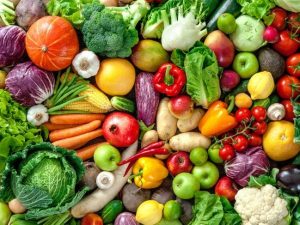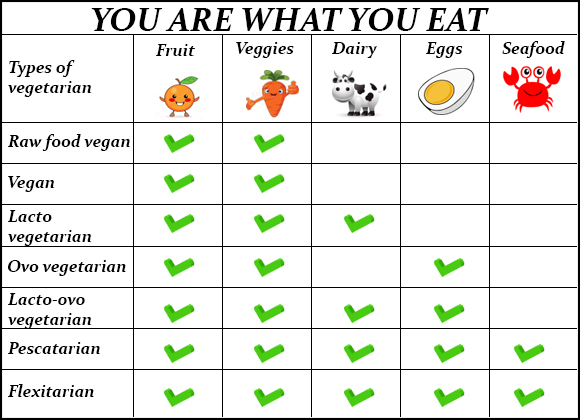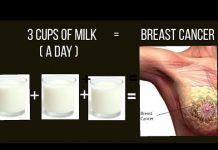 As modern people pay more and more attention to healthy eating and healthy lifestyles, the vegan trend has also gradually emerged. Most of the familiar vegetarian term we used to understand is more or less understood, but when the term vegan comes after appearing more often in our lives, many people have a question: What is the difference between vegan and vegetarian?
As modern people pay more and more attention to healthy eating and healthy lifestyles, the vegan trend has also gradually emerged. Most of the familiar vegetarian term we used to understand is more or less understood, but when the term vegan comes after appearing more often in our lives, many people have a question: What is the difference between vegan and vegetarian?
Let’s talk about vegetarian first. It is not completely clear who invented the word vegetarian. It may have been the founders of the British Vegetarian Society in 1847. Regardless, its linguistic roots are very clear. The Latin word vegetābilis meant “lively or animating” and came to describe foods that made one lively or animated. The suffix –arian changes an adjective into a personal noun, as in librarian or veterinarian. From the 1840s onward, the word was in common English usage.
Where did this short word “vegan” that connotes radical vegetarians come from? Donald Watson, the founder of the Vegan Society, coined the word vegan in 1944 as a statement against vegetarians who ate dairy products. He took the first and last letters of the word vegetarian to create his orthodox version of vegetarianism. Today, many American adults say they follow a vegetarian-inclined diet, but fewer adults are strict vegans: they omit all animal products from their diets.
To put it briefly:
Vegan: those who don’t eat any animal products, including fish, dairy or eggs.
Vegetarian: those who avoid meat but may eat fish or foods that come from animals, such as milk or eggs.
Plant-based Diet: those whose meals are mostly vegetables, fruits, grains, beans, nuts, and seeds.
Different Types of Vegetarian Diets
Actually, vegan is actually a sub-category of vegetarian diets. The most common types of vegetarians are vegan, lactovegetarian, lacto-ovo vegetarians, and ovo vegetarian. Here is a comparison of the three and other diets:
Most people who describe themselves as vegetarians are technically lacto-ovo-vegetarians; that is, they eat eggs and milk. If you want to get really specific in describing your diet, you could use some of these terms: pollotarians (if you eat chicken, but not meat from mammals), pescetarians (if you eat fish), and freegan (if you eat food only when it’s free).
More recently, a new word has entered the dietary lexicon: flexitarian. Though the term was invented in the 1990s, only in the past few years has it acquired common currency. The first flexitarian cookbooks (such as The Flexitarian Diet by registered dietitian Dawn Jackson Blatner) came out in the 2000s. Many celebrity chefs, including Mark Bittman, now advocate for a “plant-based diet,” meaning one that focuses on plants but can include a little meat.




